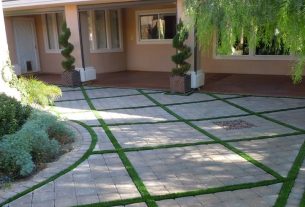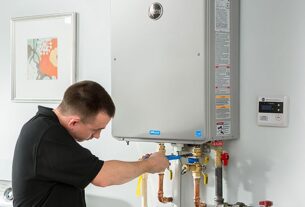If you are planning to add a pool to your property, there is a lot to consider; the type of pool – concrete or fibreglass – the size, depth and the finish, to name but a few. Regarding safety, the state requires that your pool is fully compliant with the Swimming Pools Act of 1992, which is designed to eliminate the risk of drowning and accidents.
Here is an outline of the safety aspects that your pool should be compliant with.
The Pool Area
The pool would be enclosed with a perimeter fencing with a single gate and the fencing must comply with height requirements (according to pool size) and you are limited to what items can be inside the pool area.
The following are permitted inside the pool area:
- Pool filtration & cleaning equipment
- Permanent water slide
- Permanent shading structure
Items not permitted include furniture of any kind, BBQ or any man-made appliance and there must be a visible CPR sign somewhere inside the pool area. There is a state-approved company providing pool inspections in Castle Hill and when the time is right, contact them to book a pool inspection.
Pool Fencing & Gating
The pool fencing should be of a minimum height as specified for the size of the pool and it must be in good condition and firmly secured, with no gaps of more than 100mm. Glass makes for the perfect pool barrier, as it offers vision from outside, it is very durable and easy to clean. The gate must open outwards and have a self-closing mechanism with the latch placed at least 1500mm from the ground, while hinges should be capped.
Climbing Hazards
Any object within 1200mm of the pool fencing would be considered a climbing hazard, so this space should be empty.
Typical items would be:
- Trees & shrubs
- Garden furniture
- Rocks or stones
When the contractor is installing the pool fencing, he can advise you regarding climbing hazards, ensuring that you have no issues.
The Swimming Pool Compliance Certificate is valid for 3 years and in the event the pool does not conform, you will be issued with a non-compliance notice which gives a period of 90 days to make the advised amendments.
The compliance certificate is transferred to the new owner when you sell the property and in the event the pool is non-compliant, the new owner has 90 days to make the changes. The state has the power to carry out random pool inspections and can issue on the spot fines when a homeowner fails to comply, plus the compliance certificate brings you peace of mind, knowing that your pool area complies with Australian standards.




